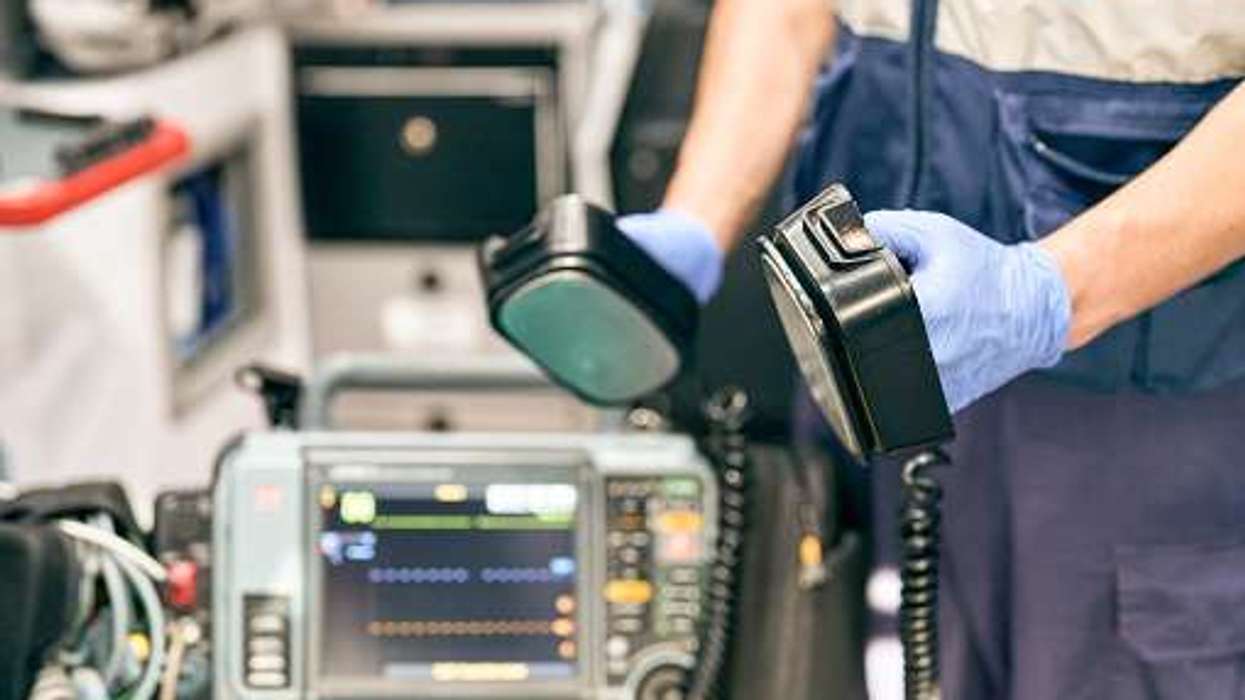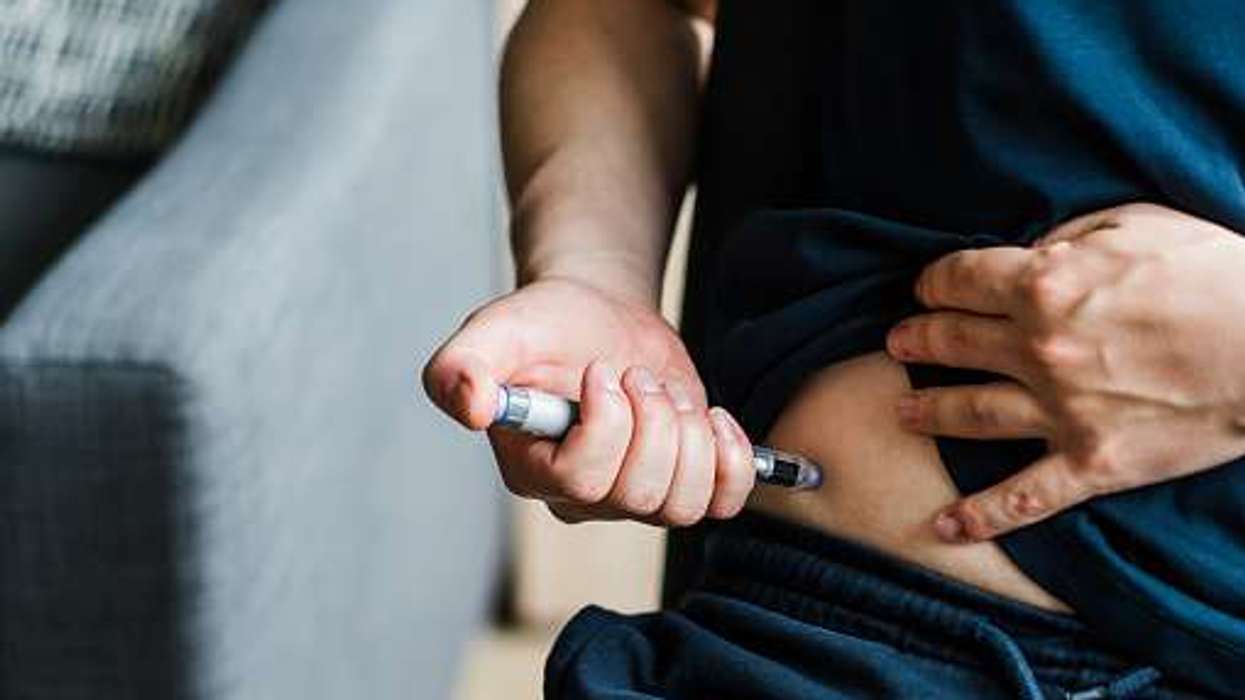A new study has shown that Covid-19 can spread between unmasked people at a distance of more than two metres even outdoors.
A team of engineers from the University of Cambridge used computer modelling to quantify how droplets spread when people cough.
They found that the two-metre rule was arbitrary and that social distancing alone was not enough to stop the spread of the virus.
The team also found that individual coughs vary widely, and that the ‘safe’ distance could have been set at anywhere between one to three or more metres.
The results, published in the journal Physics of Fluids, suggest that social distancing is not an effective mitigation measure on its own, and underline the importance of vaccination, ventilation and masks.
Despite the focus on hand-washing and surface cleaning in the early days of the pandemic, it’s been clear for nearly two years that Covid-19 spreads through airborne transmission.
Infected people can spread the virus through coughing, speaking or even breathing, when they expel larger droplets that eventually settle or smaller aerosols that may float in the air.
“I remember hearing lots about how Covid-19 was spreading via door handles in early 2020, and I thought to myself if that were the case, then the virus must leave an infected person and land on the surface or disperse in the air through fluid mechanical processes,” said professor Epaminondas Mastorakos from Cambridge’s Department of Engineering, who led the research.
“We’re all desperate to see the back of this pandemic, but we strongly recommend that people keep wearing masks in indoor spaces such as offices, classrooms and shops... There’s no good reason to expose yourself to this risk as long as the virus is with us.”
Dr Shrey Trivedi, the paper’s first author, said that there was a lot of variation between coughs.
“One part of the way that this disease spreads is virology: how much virus you have in your body, how many viral particles you expel when you speak or cough,” he said.
The researchers found that there isn’t a sharp cut-off once the droplets spread beyond two metres. When a person coughs and isn’t wearing a mask, most of the larger droplets will fall on nearby surfaces.
However, smaller droplets, suspended in the air, can quickly and easily spread well beyond two metres. How far and how quickly these aerosols spread will depend on the quality of ventilation in the room.
In addition to the variables surrounding mask-wearing and ventilation, there is also a high degree of variability in individual coughs.
“Each time we cough, we may emit a different amount of liquid, so if a person is infected with Covid-19, they could be emitting lots of virus particles or very few, and because of the turbulence they spread differently for every cough,” said Trivedi.
“Even if I expel the same number of droplets every time I cough, because the flow is turbulent, there are fluctuations,” said Mastorakos. “If I’m coughing, fluctuations in velocity, temperature and humidity mean that the amount someone gets at the two-metre mark can be very different each time.”











